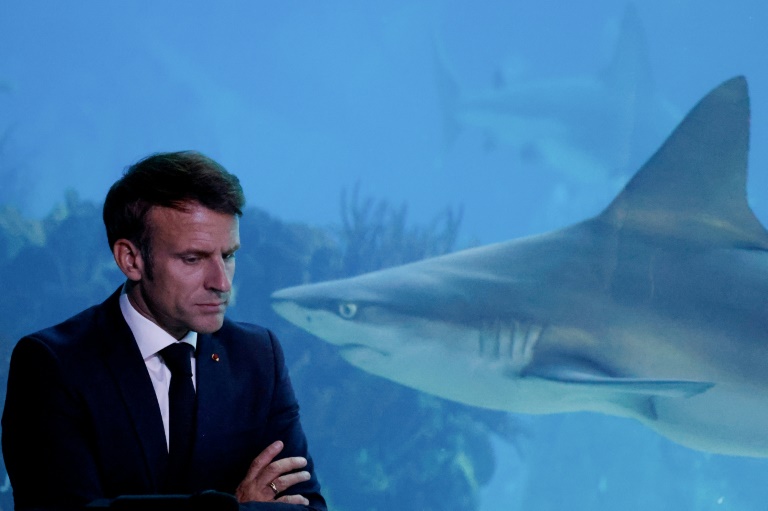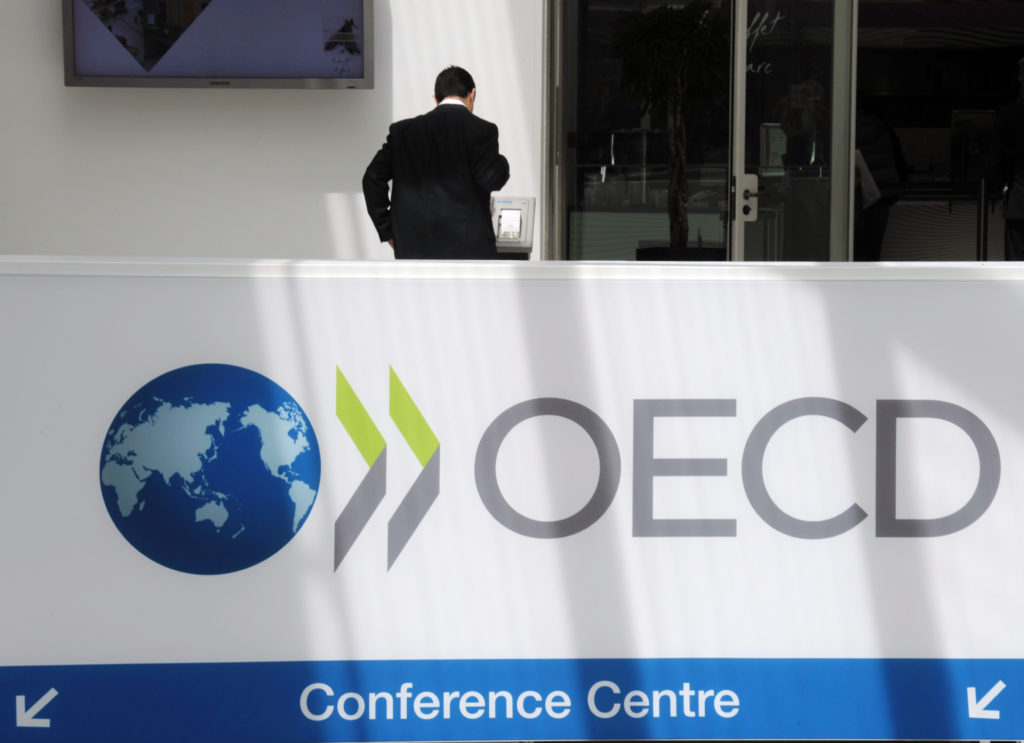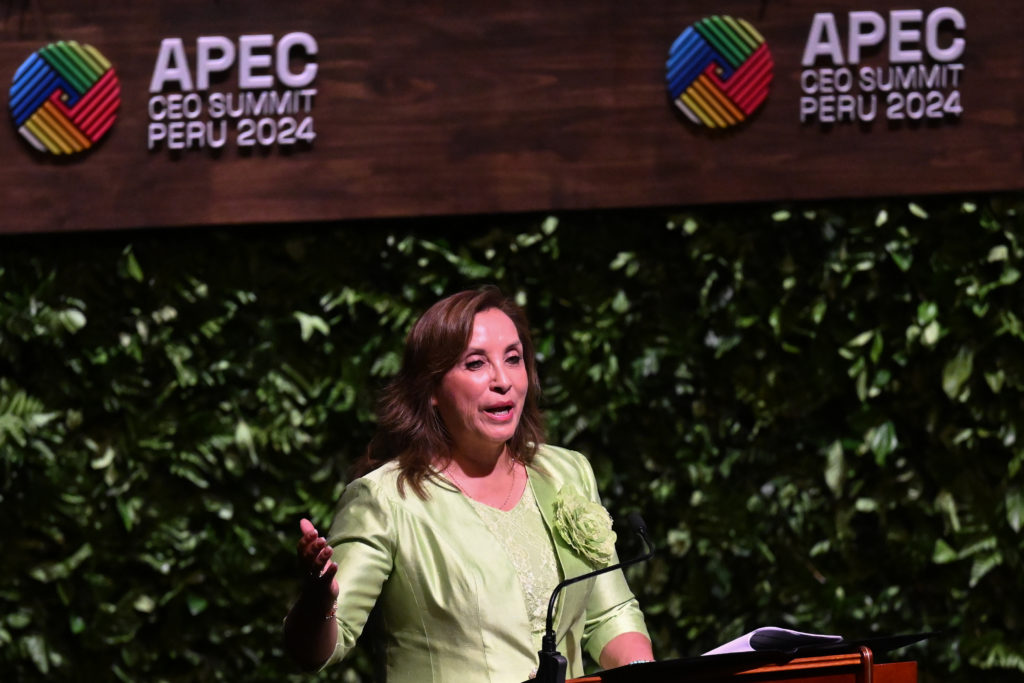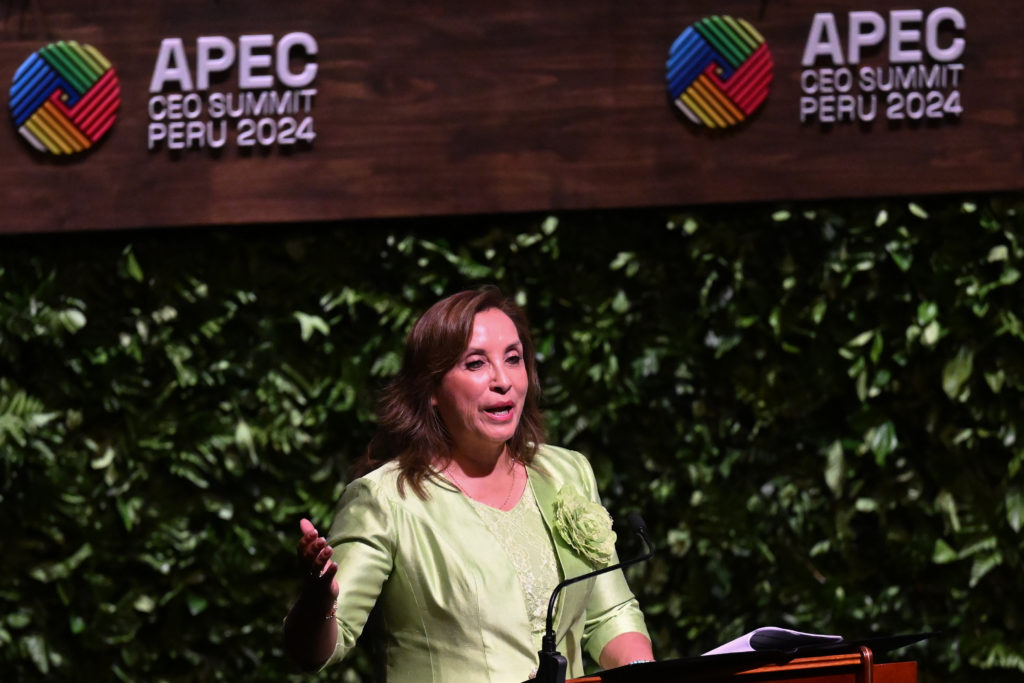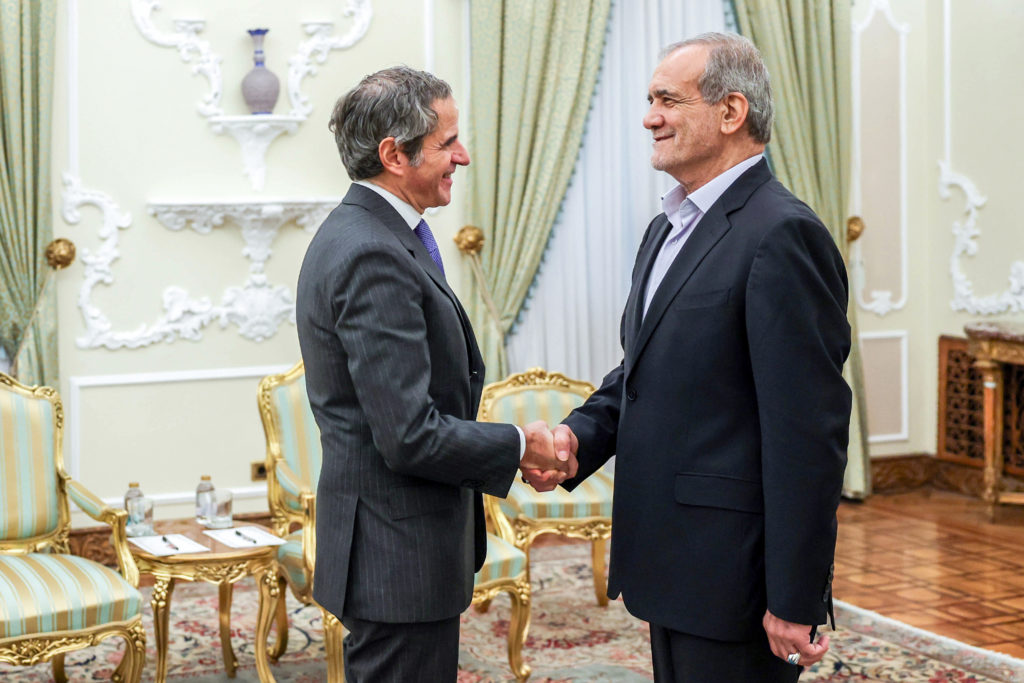France and Costa Rica have jointly bid to host the next UN Ocean Conference, in 2025, French President Emmanuel Macron told some 7,000 diplomats, experts and advocates at this year’s meet in Lisbon.
“We should — as was done for climate in Paris in 2015 — set ambitious objectives for biodiversity, especially for oceans,” he said in plenary.
“In the coming years, we must rally the international community.”
Ending Friday, the week-long conference was attended by representatives from 140 countries and a score of world leaders, including the presidents of co-hosts Portugal and Kenya.
The second UN meet devoted to the oceans — which cover 71 percent of Earth’s surface — is not a negotiating forum for international policy.
But discussions and initiatives launched here will help set the agenda at two critical summits later this year: the COP27 UN climate talks in November, hosted by Egypt, followed by the long-delayed COP15 UN biodiversity negotiations, recently moved from China to Canada.
At the heart of the COP15 draft treaty is a provision to designate 30 percent of Earth’s land area and oceans as protected zones by 2030.
Currently, under eight percent of oceans have protected status.
In UN climate talks, oceans until recently have not even rated a mention despite global warming’s dire impact on seas, and the key role oceans play in soaking up atmospheric CO2.
“It took 21 COPs for oceans to work their way onto the climate agenda,” Sabine Roux de Mezieux, president of Fondation de la Mer, told AFP, referring to the yearly UN climate summits.

